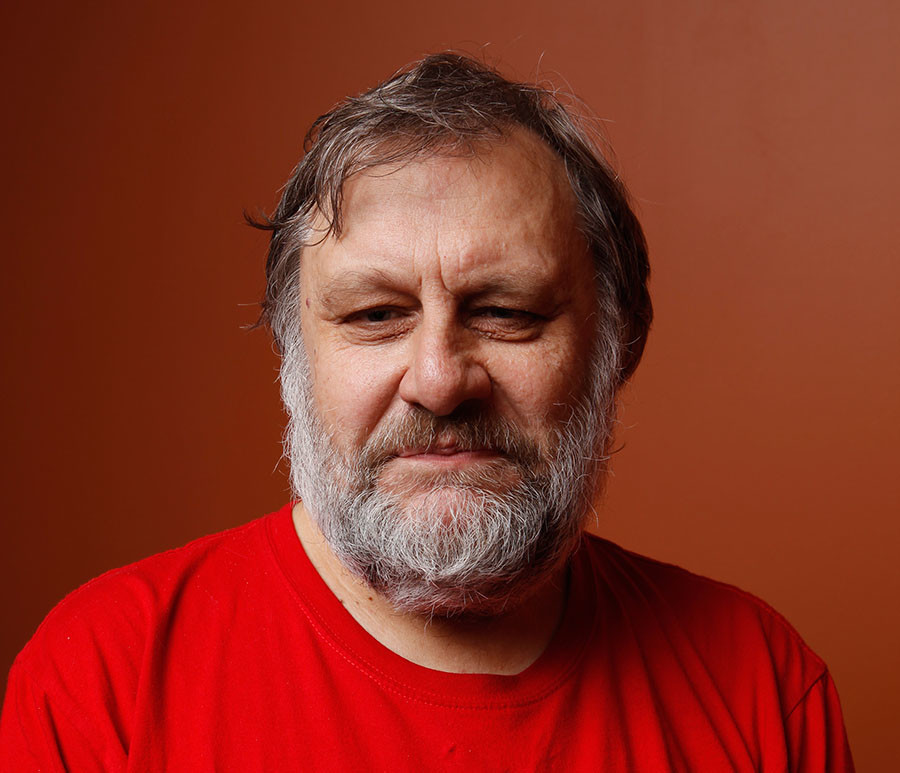 Pyongyang, a Voyage to North Korea (2003)
Pyongyang, a Voyage to North Korea (2003)By: Guy Delisle
Why I Bought This Book: a while back a coworker of mine started to ask me about North Korea and if the outlandish things that you hear about the country are true. So I asked him why the sudden interest in this hermit country and he explained to me that he had got this graphic novel that explored many of the crazy aspects of the country. So fascinated with the idea of a graphic novel about North Korea so I went to my local book store and got myself a copy of this fascinating book.
The Story: Well the basic plot of the story is about the experiences of the author/illustrators having to work and live in North Korea, and I don't want to spoil too much talking about some of the absurd situations Guy gets himself into.
What I liked and Central Thymes:
• I loved the simple and cartoonish art of the book, it adds nicely to the story. Each chapter has a full page illustration of important monuments of the country that show off Guy's artistic capabilities.
• The book is just as insightful as it is funny, a fantastic read.
• Guy's culture shock is priceless, and he's pretty honest in showing that at moments he can be a snobbish prick.
• It's interesting to see how Guy's views of the country and its people changes as the book progresses.
• The parallel reality that expats live in, like the people that work for NGOs, international companies employs and diplomats, is fascinating because they are not allowed to interact with the locals freely, so they only interact amongst each other.
• Guy seems to be a music lover and how he suffers listing to crappy official music that's on all day at his work, is something I can identify with because something similar happened to me working in a small frontier town 2000 km from my home in the middle of nowhere, the terrible music they listened there drove me crazy, jajajaja.
• The book is not scientific account and analyses of what's going on in the country, but what is valuable is that most books and articles about the country tend to have top down perspective centering around the regime and its politics, this book has a bottom up from seeing what it like for a foreigner to actually be there and see for themselves the things that happen in the country.
What I didn't like:
• The only bad thing about the book is that there isn't an introductory page giving a little bit of context to when the author was in the country and why, or to explain a little more about his job. You get a little bit and pieces, but personally, I want to know more about the author's background but I'm nit picking here.
Overall: 10 out of 10

